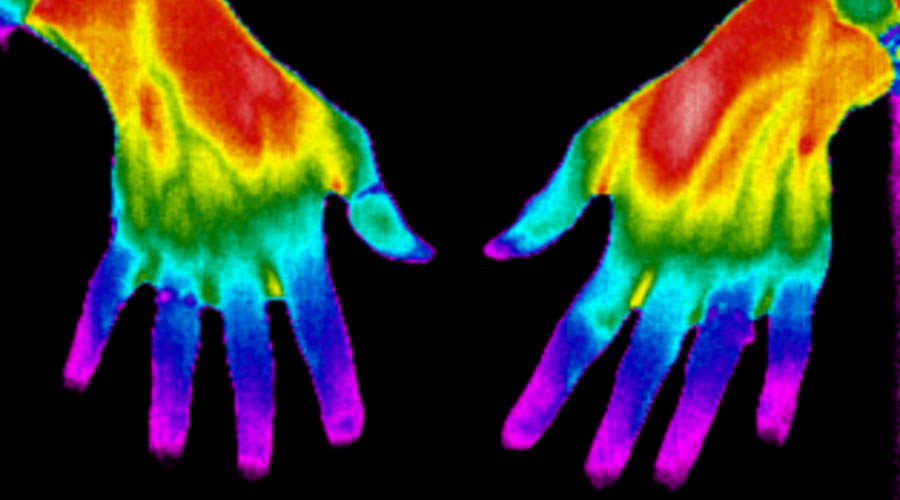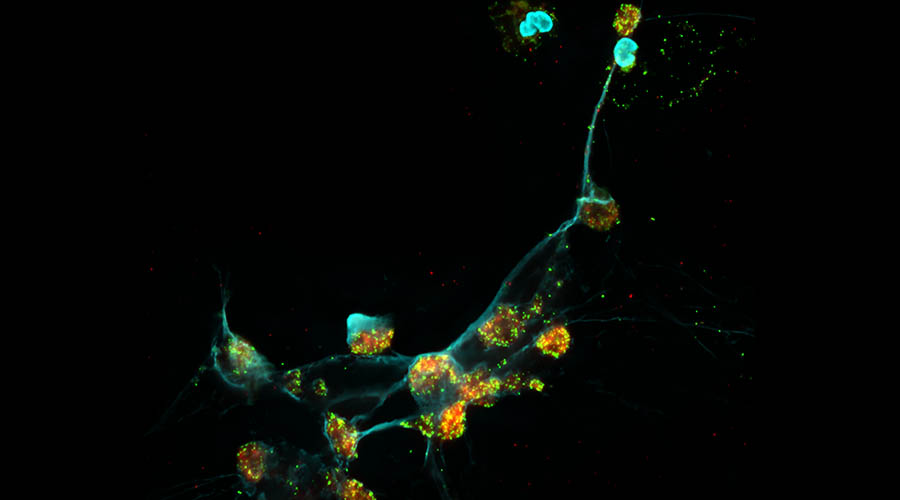Keep up to date with recent findings and important advances in our research for musculoskeletal conditions.
Musculoskeletal conditions affect up to 9 million people in the UK.
In the Centre for Musculoskeletal Research, we are dedicated to understanding the causes of these diseases and are researching ways to improve the lives of people living with these conditions.
Find out about the major disease areas we study and the results of our research, below.

Improved disease activity in patients with systemic JIA treated with tocilizumab or anakinra
What was already known? Biologic therapy is usually given to patients with juvenile idiopathic arthritis (JIA) after they have failed to respond or do not tolerate methotrexate. Patients with systemic JIA do not seem to respond well to tumour necrosis factor...

Early clinically inactive disease and long-term outcomes in juvenile idiopathic arthritis (JIA)
What was already known? Children and young people with JIA and persistent joint pain and swelling are at risk of disability and joint damage in the long-term. The aim for all these patients is a state of 'clinically inactive disease', in which there is no evidence of...

Outcome measures for systemic sclerosis-related Raynaud’s phenomenon
What was already known? Raynaud's phenomenon (RP, periodic colour changes of the fingers, usually in response to cold exposure) is associated with poor blood flow and is one of the key problems for patients with scleroderma (a rare disease, also known as systemic...

Treating low vitamin D in SLE patients can improve blood vessel health
What was already known? Systemic Lupus Erythematosus (SLE, or just "lupus") is an autoimmune disease which can affect any part of the body. Patients with SLE have a higher risk of developing heart disease. This is partly due problems repairing damaged blood vessels....

20 year outcomes of patients with rheumatoid arthritis
What was already known? Rheumatoid arthritis (RA) is a chronic disease that is associated with joint inflammation. Previous studies have shown that, by 20 years after diagnosis, patients reported severe levels of disability and pain, and the disease was associated...

Tumour necrosis factor inhibitor drugs reduce the occurence of heart attacks
What was already known? Patients with rheumatoid arthritis (RA) are at higher risk of heart attacks (myocardial infarction; MI) than the general population, which is partly explained by the effect of inflammation associated with RA on the blood vessels. There are many...

Drug levels of tumour necrosis factor drugs influence response to treatment
What was already known? Biologic drugs that are used to treat rheumatoid arthritis (RA) act by targeting inflammatory molecules in the body. They are usually very effective but, in about one in five patients where biologics work initially, the treatment stops working...

Missing doses of tumour necrosis factor drugs leads to poorer response rates
What was already known?Anti-TNF drugs (e.g. etanercept, certolizumab, adalimumab and golimumab) are biologic drugs that have radically improved treatment options for patients with Rheumatoid Arthritis (RA). Currently, there are 4 anti-TNF medications available in the...

Gene variants show potential in predicting rheumatoid arthritis disease outcomes
What we found? Arthritis Research UK-funded scientists have identified a new way in which genotyping can be used to predict disease outcomes among sufferers of rheumatoid arthritis. New cohort studies have shown that certain genetic variants are associated with higher...

Capture Hi-C and novel candidate genes
What was already known? Autoimmune diseases, such as rheumatoid arthritis and type 1 diabetes, have a strong genetic element. Differences in people's DNA, which makes up the genetics of each cell, can put them at an increased risk of developing these diseases....

Recent Comments